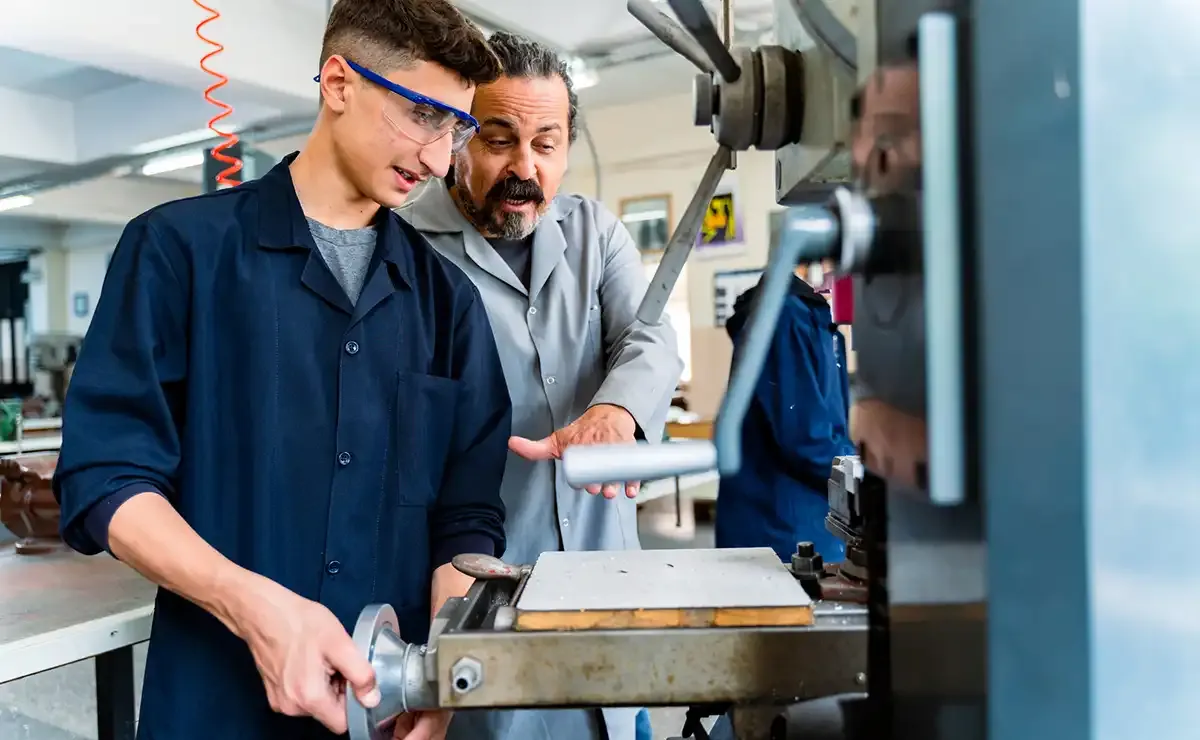There are plenty of specific cases that provide proof that this model is more resilient in times of crises and is worth scaling up.
In the agri-food sector, La Fageda is proof that being competitive and true to a social mission are not mutually exclusive: more than 400 jobs for people with disabilities or at high risk of social exclusion and market-leading figures of yoghurt sales have made it a benchmark in this sector. They are an example of a strong brand that, at the same time, supports high-quality and well-adapted jobs.
In the field of services, ILUNION operates on a large scale with an inclusive model: nearly 37,900 workers, of which more than 15,300 (40.5 per cent) are people with disabilities, with a presence in industrial laundries, accessible hotels, contact centres and technological services. These are stable, effectively adapted, jobs.
These cases share common features: greater stability compared to conventional businesses and a much smaller gender pay gap (around 3% in social enterprises, compared to 26% in the mainstream economy). The success of the social economy as a job creator is also measured in terms of quality.
The path to a conventional job: companies providing supported employment
The itinerary is as important as the contract itself. WISEs (Work Integration Social Enterprises) combine paid work with training and support to facilitate the transition into the mainstream job market. In 2021, they employed 8,384 people in Spain, 58.9 per cent of whom were employees requiring special support, and almost two out of every three who completed their training programme went on to find a conventional job or became self-employed. That is measurable, ongoing and replicable impact.
The logic is clear: when support is a priority, employability increases, staff turnover decreases and gaps are reduced. In fact, without these inclusive practices, thousands of jobs held by people with specific employability challenges would be lost.
In rural areas: purpose-driven entrepreneurship helps retain population
In the countryside, the social economy acts as a barrier, preventing depopulation. The Tararaina-EcoRadiz cooperative is recovering liquorice as a crop in Pina del Ebro, organizing work with self-managed schedules for better work-life balance, generating employment for women and people with disabilities. It is a real economy with local roots.
In Carcaboso (Cáceres), La Escuela de la Tierra (The Earth School, in Spanish) covers vocational training in organic husbandry, housing and psychosocial support for recent immigrants. The goal is clear: finding jobs for participants in local farms. Local development, employment and social cohesion, all in the same equation.
These examples are proof of how the social economy and the job opportunities it creates are not restricted to urban areas or very specific industries: from agriculture to advanced services, from manufacturing to hotel chains, this model will work as long as the people involved continue to be the core priority.
Cooperatives such as La Fageda, social-economy-oriented business groups and social enterprises providing supported employment stand as proof that the social economy creates more stable employment, reduces gaps and opens up effective pathways to social inclusion. If it also has strong roots in the local areas - as is the case with Tararaina-EcoRadiz or La Escuela de la Tierra - it will also bolster cohesion and slow down depopulation. Scaling up these practices isn't just a public policy option; it is a safe bet that will produce high-quality jobs with a proven social impact.


